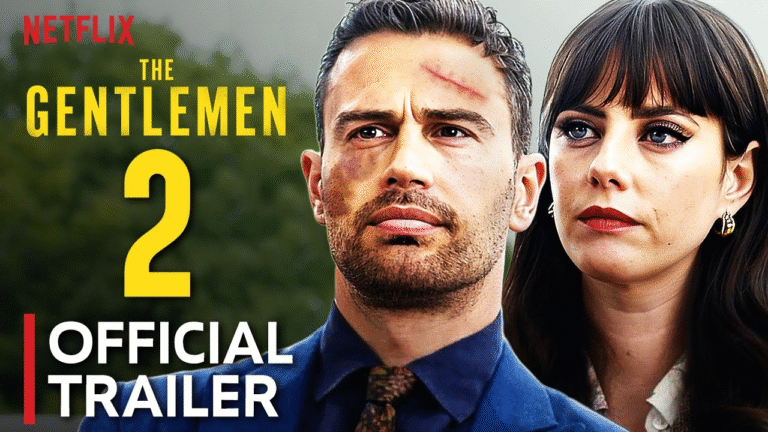Absolutely! Here’s a 450-word write-up on the “28 Years Later” movies, covering the entire series including 28 Days Later, 28 Weeks Later, and the upcoming 28 Years Later:
28 Years Later Movies: A Gripping Evolution of the Apocalypse
The 28 Years Later series is a gritty, emotionally intense take on the zombie apocalypse genre, redefining what a horror survival film could be. Beginning with 28 Days Later (2002), directed by Danny Boyle, the franchise introduced audiences to a terrifying new kind of infection: the Rage Virus. Unlike traditional zombies, these infected were fast, violent, and relentless, creating a sense of panic that was fresh and brutally real.

28 Days Later follows Jim (Cillian Murphy), who wakes up from a coma to find London completely abandoned. Society has collapsed after the accidental release of the virus, and survivors are forced to confront not only the infected but also the darker side of human nature. The film’s haunting visuals — empty London streets, sudden bursts of violence, and a gritty, handheld filming style — made it a modern horror classic.
The sequel, 28 Weeks Later (2007), picks up months after the initial outbreak. The infected have seemingly died out, and efforts to rebuild London begin under NATO supervision. However, the virus returns with a vengeance, leading to another catastrophic outbreak. This installment ramps up the action while still exploring the human cost of survival. It focuses on themes of trust, betrayal, and the devastating consequences of military intervention. The opening scene — a desperate escape from a countryside cottage — is considered one of the most intense in horror cinema.
Now, nearly two decades later, the upcoming 28 Years Later (2025) promises to bring the saga full circle. With Danny Boyle returning to direct and Cillian Murphy producing (and possibly reprising his role), anticipation is sky-high. While plot details remain under wraps, the title suggests a long-term look at the impact of the virus on the world — perhaps a society that has evolved in the shadow of the Rage outbreak, or even one where the virus has mutated into something deadlier.
What sets the 28 series apart is its grounded, character-driven approach. These aren’t just zombie thrillers — they’re survival dramas with real emotional weight. The infected are horrifying, but the true threat often lies in humanity’s response to crisis: fear, control, desperation, and cruelty.
In summary, the 28 Years Later movies offer more than just blood and terror. They’re raw, thought-provoking explorations of what happens when civilization collapses and how far people will go to survive — or rebuild — in the face of unstoppable chaos.
Let me know if you’d like a version focused more on one of the films or the upcoming one!



